Videos
What’s Up With Everyone? A Youth Mental Health Campaign With Academy-Award Winning Aardman

We all know that it is best to support young people who are struggling with life’s challenges upstream, and not wait until they need clinical interventions. I have been leading a new multi-media campaign to do just this.
Prioritizing Parent Mental Health (Webinar)
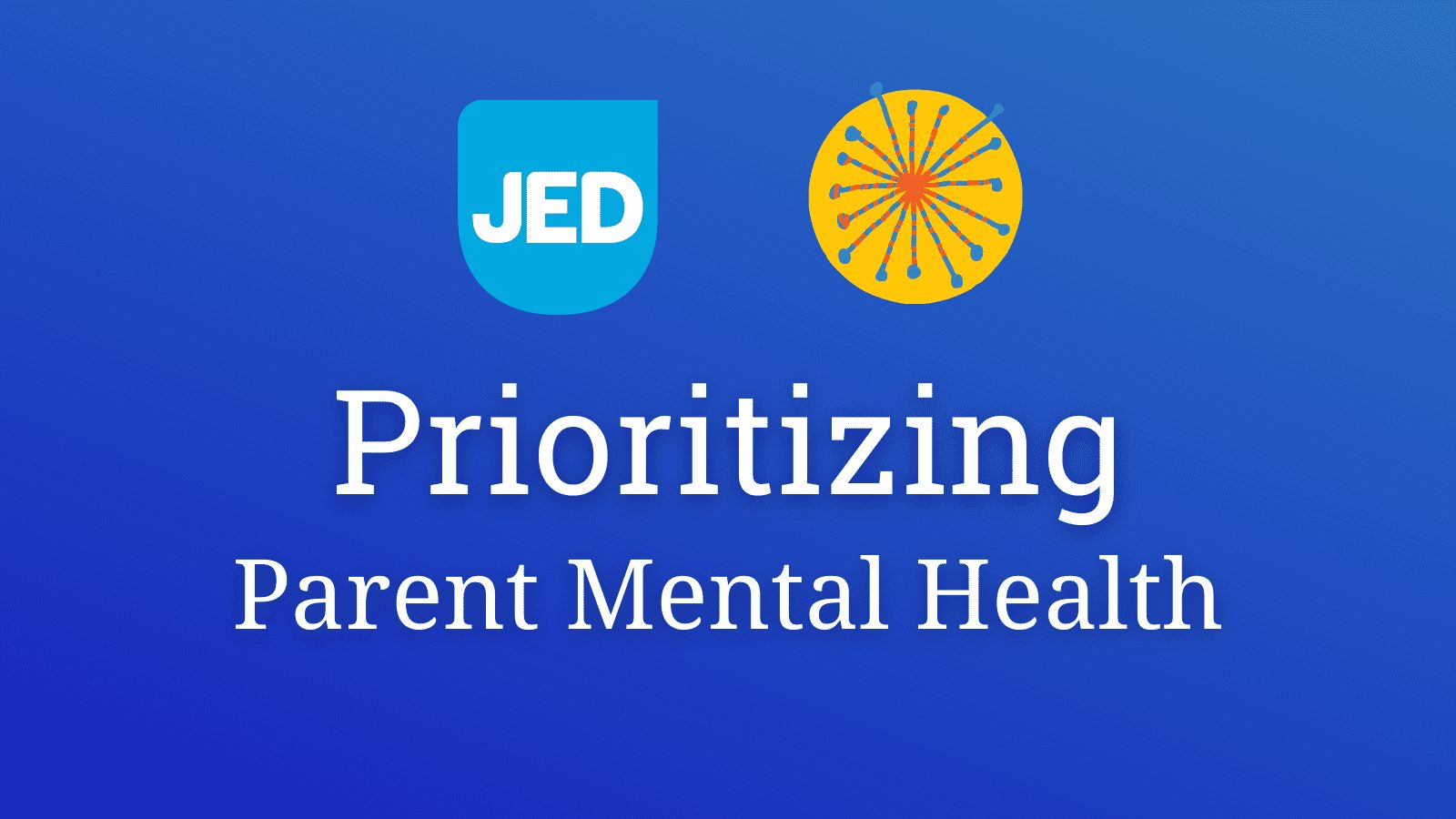
As a parent, in order to support your child or teen’s mental well-being, you need to put on your own oxygen mask first.
Should My Child See A Therapist?
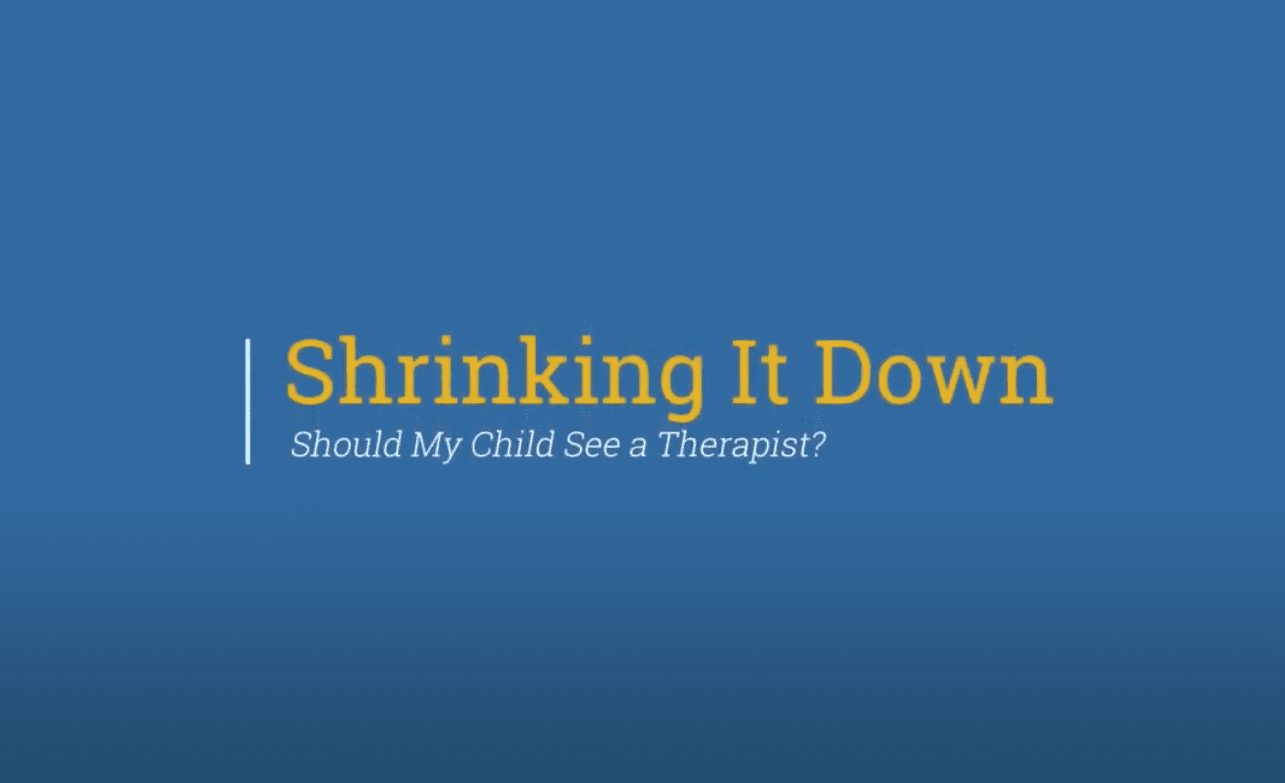
One in four people will have a mental health disorder at some point in their life, and half of those disorders begin in childhood.
While many of us know someone who’s had to deal with a mental illness in one way or another, many parents still aren’t sure how to assess whether their child needs to see a therapist.
Ask Ellen: How to Respond to Your Child’s Big Emotions
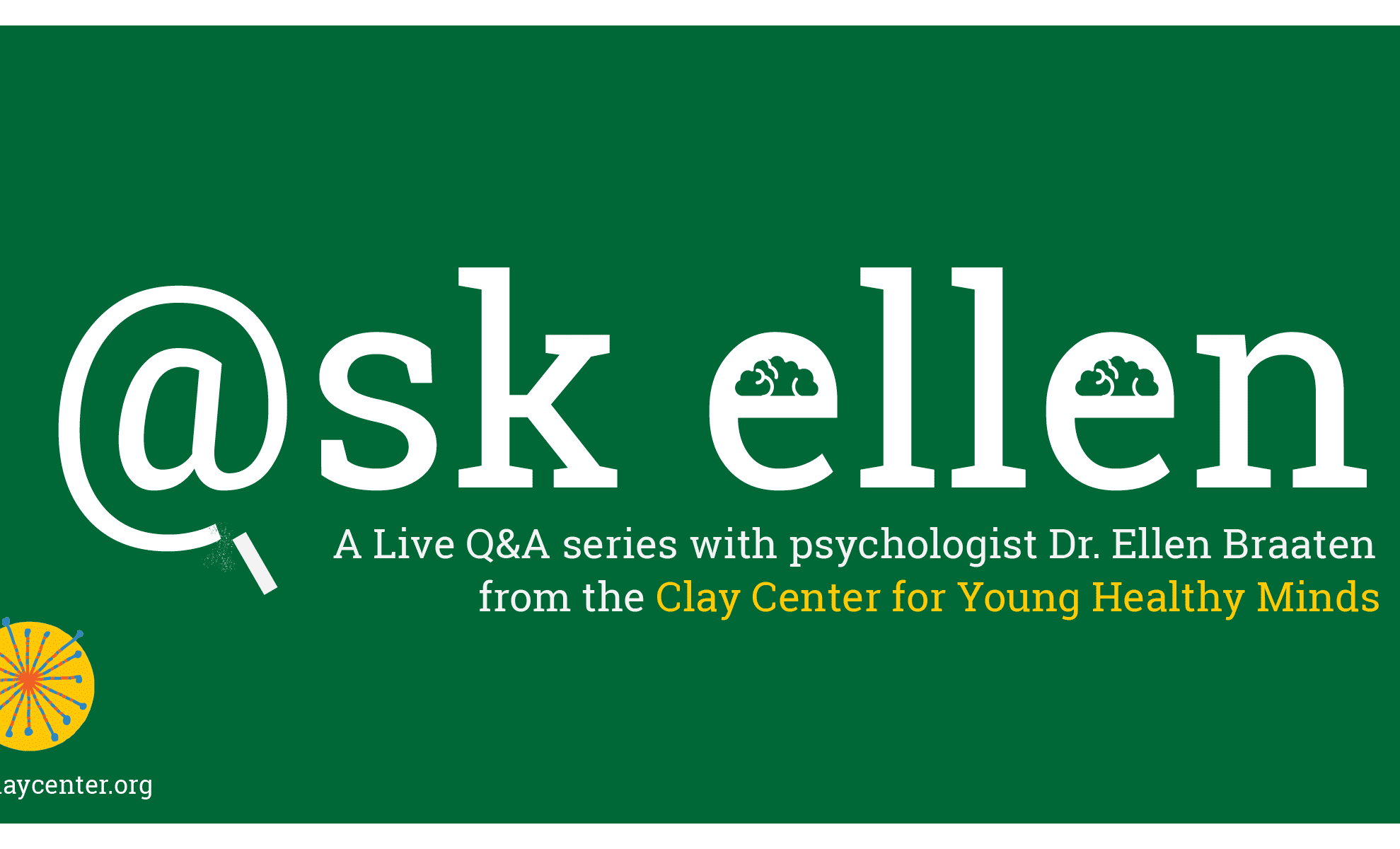
During challenging times, it’s normal for families to feel overwhelmed and anxious. But kids don’t always have the necessary skills to cope with those emotions, and this can sometimes lead to tantrums and meltdowns. What can parents do in these situations?
In our latest Ask Ellen Q&A, child psychologist Dr.
Talking About ADHD
It’s normal to be distracted or disorganized from time to time. But some kids have more trouble paying attention and staying on track than their peers. In this Parent Strategy Announcement (PSA), Dr. Gene Beresin and Dr. Ellen Braaten talk about ADHD (Attention-Deficit Hyperactivity Disorder).
Adolescent Depression – Shrinking It Down

It’s not always easy to tell whether a teen’s behavior is typical for their age or a sign of depression. In this Parent Strategy Announcement (PSA), Dr. Gene Beresin and Dr. Steven Schlozman explain how parents can assess their child’s behavior, and what to do if they’re concerned.
Ask Ellen: How to Develop Your Child’s Executive Function Skills
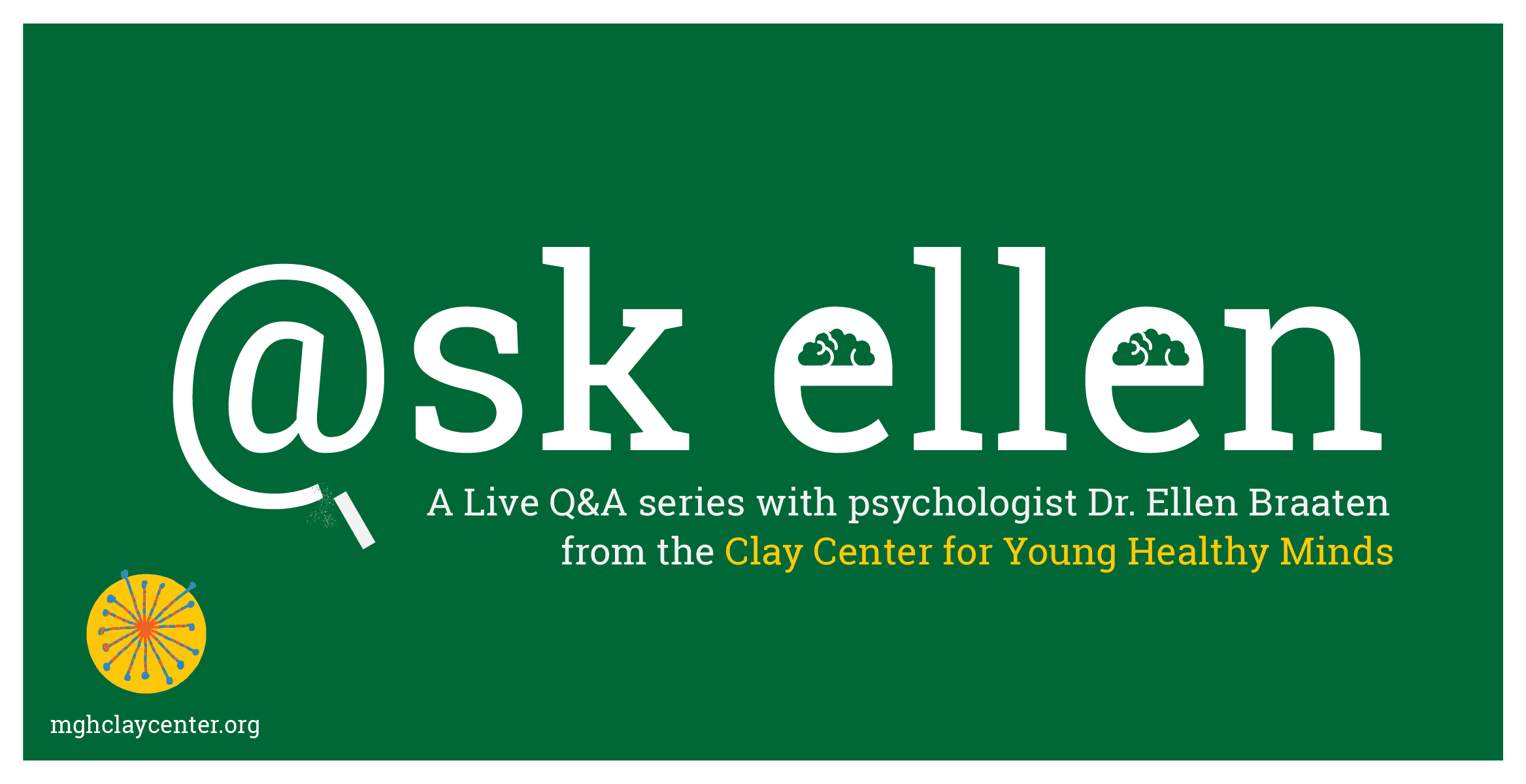
Executive function skills are essential for kids to thrive at school and at home. Planning, staying organized, and managing time are important for academic success and balancing the responsibilities of daily life. But what if your child is struggling with these skills?
In our latest Ask Ellen Live Q&A, our co-director Dr.
Ask Ellen: How to Keep The Learning Going This Summer
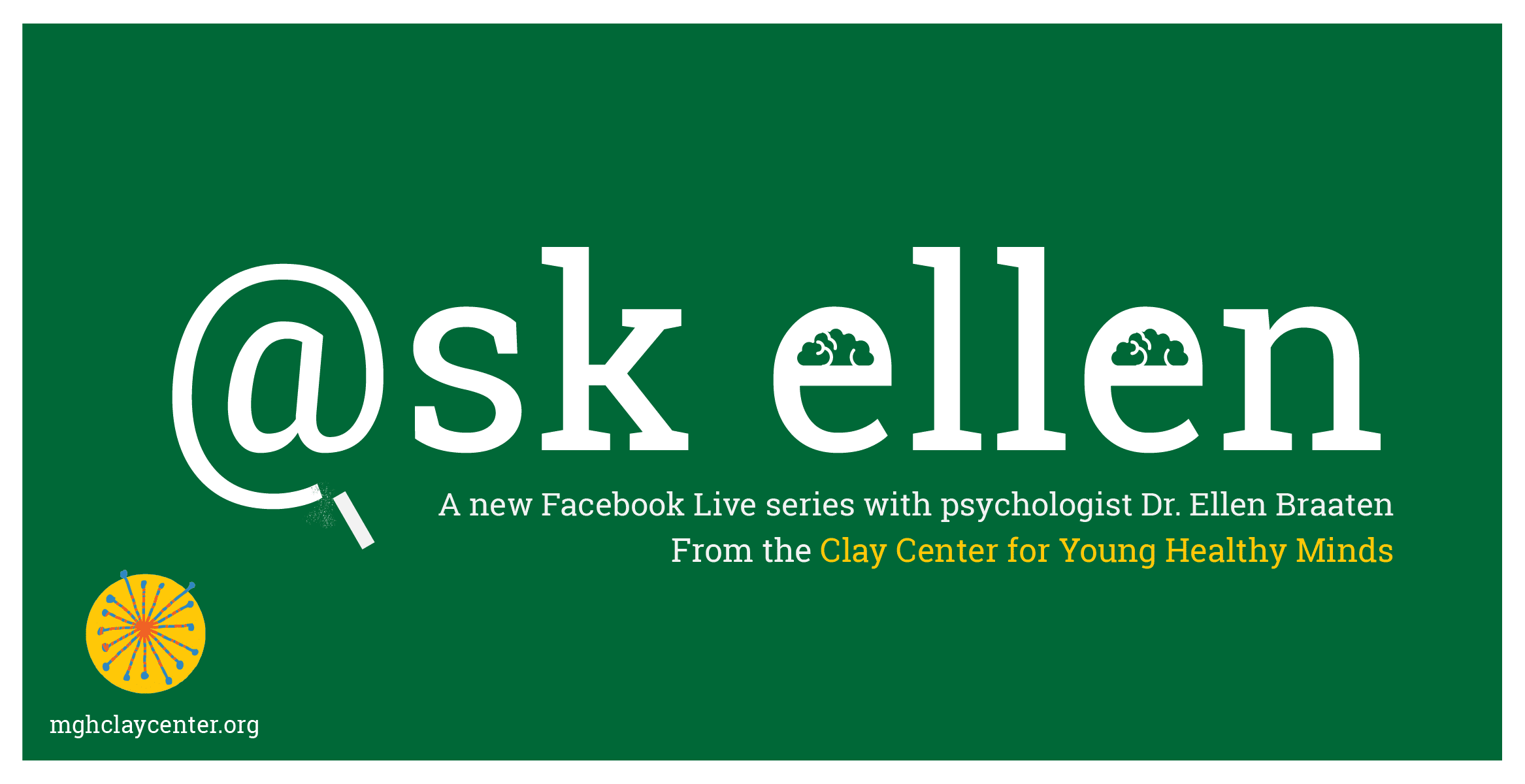
Summer is often a time when families seek to balance fun and structure. But many are feeling uncertain about what lies ahead due to disruptions to their kids’ school year and changes in their summer plans.
Ask Ellen: How to Advocate for Your Child’s Learning
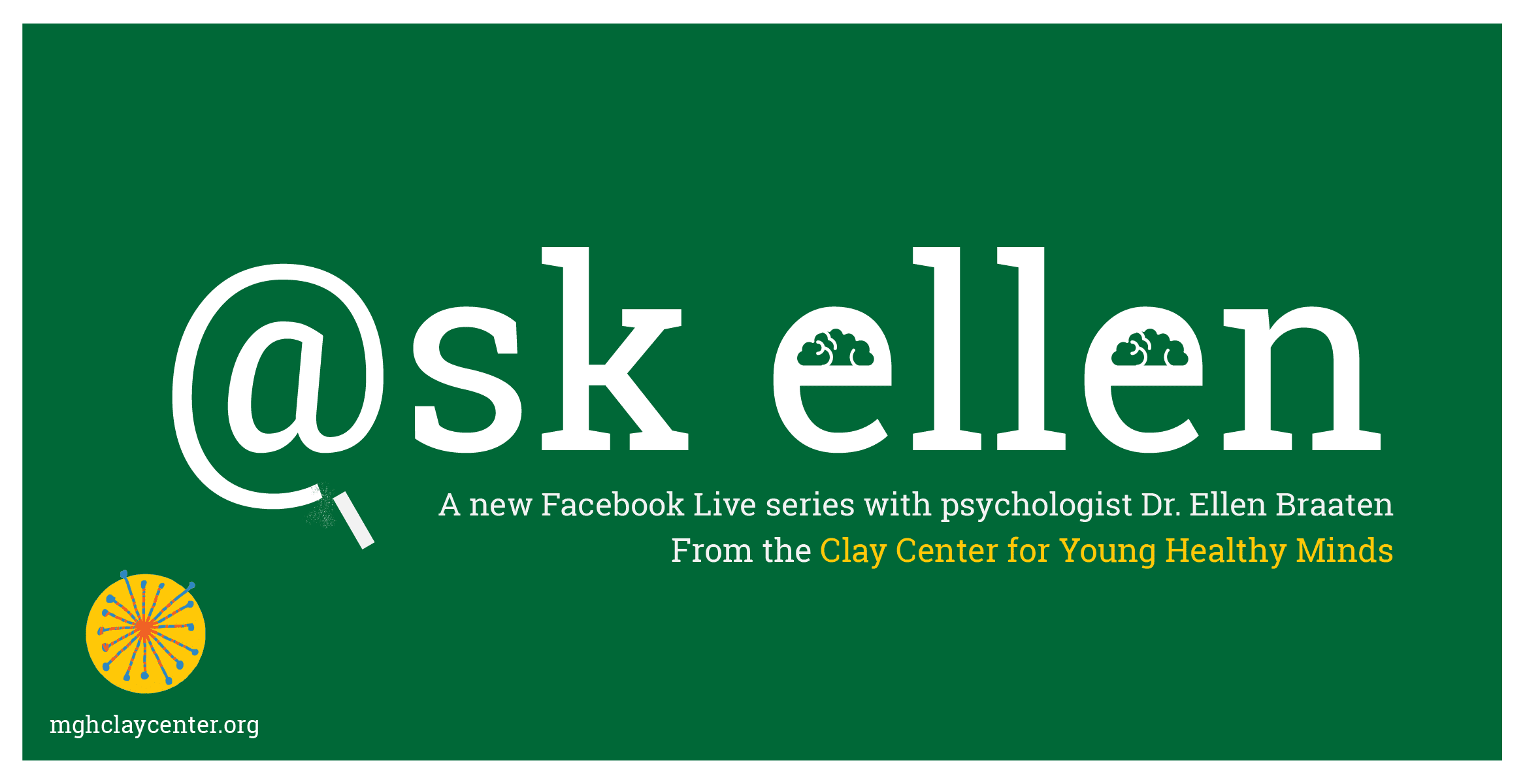
A learning disability causes difficulty in an area of learning, such as reading, writing, or math. Challenges in one or more of these areas can affect a child’s ability to thrive in the classroom. But it’s not always clear to parents what to do when their child is struggling.
Bipolar Disorder and The Arts: Mark Vonnegut’s Story

Despite our growing awareness of mental health conditions, the relationship between creativity and mental illness is often misunderstood. In this short film, Dr.



